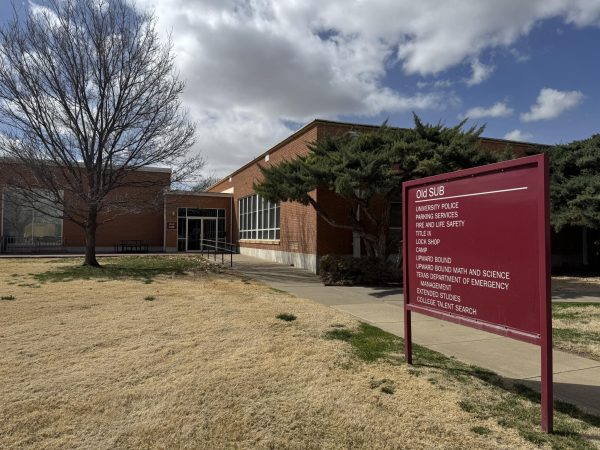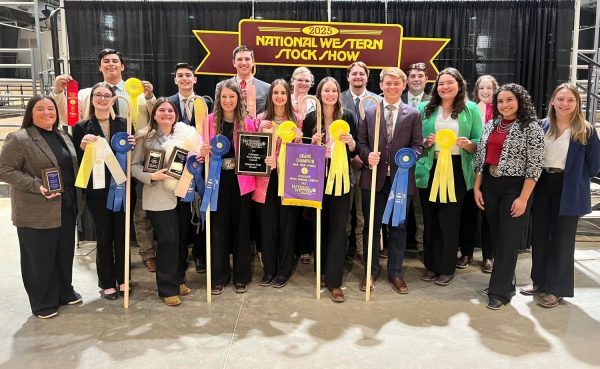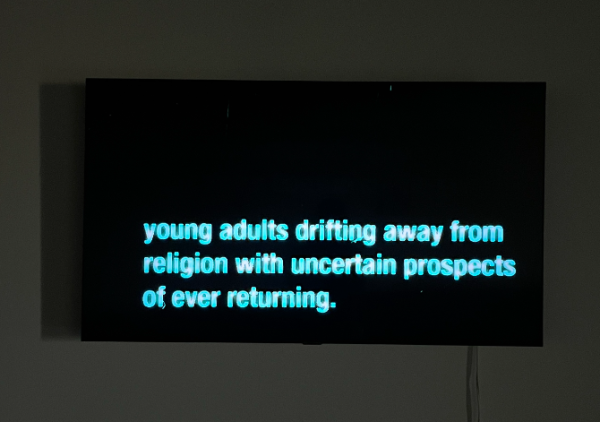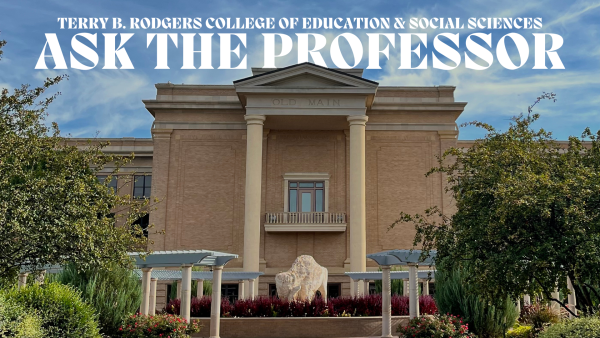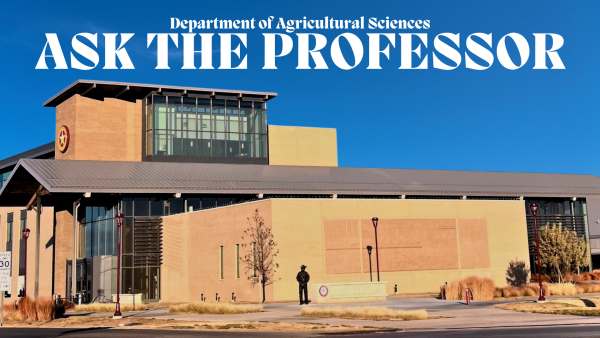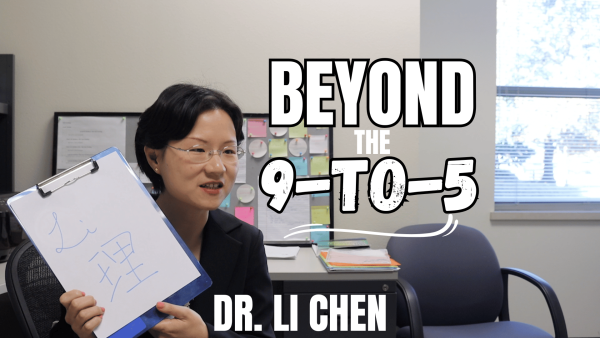‘Groundbreaking’ findings at WTAMU about Hispanic Serving Institutions and their students
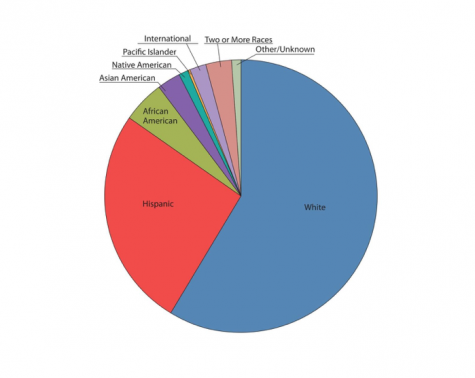
‘Groundbreaking’ findings about Hispanic Serving Institutions and their students and how these findings can be used were presented Thursday Oct. 17.
According to the Hispanic Association for Colleges and Universities website, “For HACU’s membership purposes, Hispanic-Serving Institutions (HSIs) are defined as colleges, universities, or systems/districts where total Hispanic enrollment constitutes a minimum of 25% of the total enrollment.”
As of fall 2018, 26% of the student population at WTAMU identified as hispanic. The ‘groundbreaking’ findings offered by the research team focused on the thoughts and interpretations of hispanic students, faculty, staff and administration compared their non-hispanic counterparts. Questions were based on how HSIs are serving their student populations.
“The idea that everybody’s experiences is the same is nonsense. And so the idea that we can offer by offering the same thing to everyone we’re being fair is also nonsense,” said Dr. Michael Preuss, executive director for the West Texas Office of Evaluation and Research.
The research team found that according to hispanic faculty, staff and administration at the HSIs reviewed, competence of hispanic culture is underemphasized and programming offered in STEM areas do not often align with federal requirements. According to Pruess, the retention and graduation rates of Hispanics in higher education are lower than their peers and Hispanics are underrepresented in many important fields like medicine, engineering, computing, and as faculty and administrators in higher education.
“I think we can do little steps here at WT and one of them is to look at programming, something as simple as that,” said Dr. Lisa Garza, department head of psychology, sociology and social work. “That’s not the only solution. But what can we do to create programs that will empower these students to be much more successful than they already have been?”
The research group was formed as part of a National Science Foundation (NSF) funded project included Preuss, Project Coordinator Eric Sosa, graduate assistants Christien Dorsett, Jorje Ramos, Chenoa Burleson and Jason Rodin and undergraduate Kimberly Sauceda. The data explains what is happening at HSIs and can be used to better understand how to structure programming, plan instruction, and support students, especially Hispanic students, to enable the greatest success.
“I think we can alter the way in which we approach students through advising, programming, the way we engage students in the dorms. I think we can really take a deep dive into what they’re doing,” said Dr. George Pacheco, director of experiential learning and campus to community. “We can use the research to change so many small facets of campus to make one big change around campus overtime.”
Pacheco said that this research does not exist anywhere else in the world and WTAMU will have the ability to act before other institutions of higher education. The information gives WTAMU the advantage in recruiting, retention, transfers strengthening programs and many other things but the university will have to be proactive. The university is in the process of defining their Strategic Plan and the information given will take part in that conversation.
“If WT chooses to act on [the research], to use it to our advantage, it gives us an advantage over other institutions in our entire region, so hopefully we will be productive,” said Pacheco.
The NSF award number is 1764268 and the project abstract can be found at https://www.nsf.gov/awardsearch/showAward?AWD_ID=1764268



